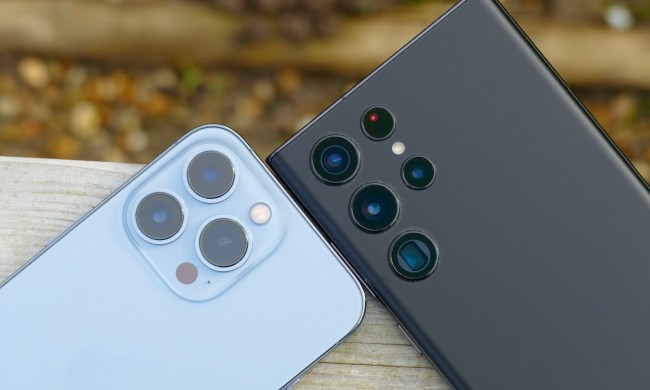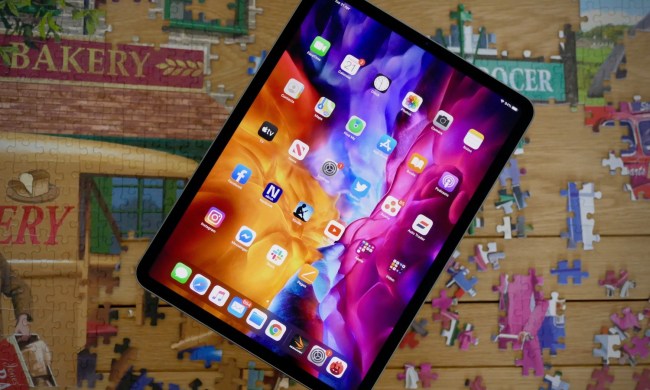- Home
- Mobile
Mobile
Mobile and smartphone news, reviews, and discussion for everything from Android to iPhone and every accessory and app you could ever use.
Explore More

Save up to 40% on a Fitbit device when you order on Amazon









The Apple Watch Series 10 has ruined smartwatches for me

Best early Black Friday iPad deals 2024: Snag the iPad Pro with 8% off





Best Samsung Galaxy deals: S24, Buds, Watches and more

Best Samsung deals: The Galaxy S24 Ultra is up to $750 off

Best Fitbit deals: Save on Versa 4, Charge 4, and Sense 2

Samsung Galaxy S24 Ultra review: the best Ultra ever, and a must buy

Here’s every color we expect for the Samsung Galaxy S25 series
A new Google Pixel feature could make managing phone calls a breeze

There’s new evidence that Samsung is making a Galaxy S25 Slim

The hidden benefit of wearing smart rings

I’ve had the iPhone 16 Pro for over a month. Here’s why I still love it

How to download Android 15 right now

Siri better watch out. Samsung just launched its biggest Bixby update in years

Best early Black Friday Apple deals 2024: Save on MacBooks, AirPods, iPads, and more

How to use Private Space, Android 15’s best new feature

iOS 18.2 may make charging your iPhone even easier. Here’s how

Best prepaid phone deals: Android, iPhone, flip phone

Why this 3-year-old iOS feature is one of my favorite things about the iPhone

I did an iPhone 16 Pro Max and Galaxy S24 Ultra camera test. The results shocked me

Outrageous $80 smart ring out-blings the Oura Ring
Mobile News
Android
Wearables
Phone Apps
Trending Downloads
Joe Maring has been the Section Editor of Digital Trends’ Mobile team since June 2022. He leads a team of 13 writers and editors with the single goal of publishing the best mobile tech content on the Internet. While much of his time is spent planning and editing the work of his section’s amazing contributors, Joe equally loves writing himself — whether he’s digging into wonky AI apps on phones or explaining why you should buy the latest iPhone.
Joe started talking and writing about phones in 2012 with his tech-focused YouTube channel and website, MobileCupOfJoe. He’s contributed to PhoneArena, XDA Developers, and 9to5Google. He held the titles of News Editor and Senior Editor at Android Central between 2017 and 2021. Before joining Digital Trends, Joe was a Senior Writer and Editor for Screen Rant’s tech section.
Throughout his years in this industry, Joe has attended major trade shows such as CES, MWC, and IFA. He’s also appeared on major tech podcasts, including Tech News Weekly, Clockwise, and the Android Police Podcast.
Joe lives in Michigan with his two cats (Minnie and Polo), a very sweet and dumb pit bull/boxer mix (Damon), and Kenn — his partner of 10 years. When he’s not working, you’ll likely find Joe walking a nature trail, reading at his favorite coffee shop, or watching the Lions.
Find Joe on Threads.




































